Academy funds three leading engineers to tackle major industry challenges

The Academy has today announced the appointment of new Research Chairs enabling three excellent engineering researchers to establish a world-leading research group in their field of engineering. Their work will help to improve manufacture and testing across a range of manufacturing sectors.
Professor Karen Holford FREng CBE FLSW, Deputy Vice-Chancellor at Cardiff University and Chair of the Academy’s Research Committee, says: “The Royal Academy of Engineering’s support for UK engineering research and innovation helps to build a sustainable society and inclusive economy that works for everyone. This is particularly important in collaboration with industry, and these funding schemes help UK companies benefit from the knowledge of expert engineering researchers and their university teams.”
The new appointments are as follows:
Research Chairs
Professor Joao Cabral, Imperial College London
Procter & Gamble / Royal Academy of Engineering Research Chair in Soft Matter Microflow Engineering
Professor Cabral’s research focuses on soft materials, from the molecular to the macroscale, imparting function and thus value for a range of industrial applications. Soft matter systems include polymers, gels, colloids, emulsions, foams, surfactant assemblies and liquid crystals.
Like biological materials, soft materials can spontaneously assemble into complex structures. Engineers can apply small ‘nudges’ such as flow, heat or light to direct that assembly, often with extraordinary consequences. One of Professor Cabral’s research ambitions is to achieve a step change in predictive research and engineering that could address the current challenges with water scarcity and sustainability – enabling the use of greener chemistry and lower energy processes.
Many industrial sectors rely on soft materials, from home, personal care and food to oils and lubricants, coatings, agri-chemicals and pharmaceuticals. The chemical and process industries produce vast amounts of structured, or ‘formulated’ products, with a UK annual footprint estimated at around £180 billion and set to grow.
Professor Cabral says: “Procter & Gamble bring with them 180 years of valuable history and unique consumer understanding and extensive research, enabling us to build on strong foundations and focus. Our partnership offers terrific possibilities to engage with customers, accessing samples and insight into their practical use and real-life performance. We would never be able to carry out such statistically rigorous and impactful studies without their support. It will also be fun to engage with people, from precision molecular engineering all the way to customer perception.”
Professor Gareth Pierce, University of Strathclyde
Spirit AeroSystems / Royal Academy of Engineering Research Chair in In-process Non-destructive Testing for Composites
Professor Pierce plans to revolutionise non-destructive testing (NDT) for composites throughout the aerosystems manufacturing process. As demand for composite parts in the sector increases, Professor Pierce’s research will increase the efficiency of NDT while maintaining and enhancing quality.
His research will enable a new approach to composites manufacturing, bringing traditionally conservative NDT operations into the digital manufacturing environment. He plans to develop new sensors to allow measurement earlier in the manufacturing process, and deploy them using advanced automation techniques. He will also use machine learning and AI to provide automated interpretation of the NDT scans, allowing greater consistency in inspections and earlier remedial action.
Professor Pierce says: “I have been fascinated by engineering from an early age, with a keen interest to understand how human minds can influence and control the world around them to improve the quality of their lives and of others. Together we will revolutionise NDT approaches in aerospace manufacturing and help to ensure the safety and quality of the next generation of aerospace structures.”
Professor Stuart Robson, University College London
Airbus / Royal Academy of Engineering Research Chair in Large Volume Metrology
Large volume metrology is used to achieve accurate, precise and reliable dimensional measurements across large spaces using portable tools. The technique is at its most challenging in aerospace where industry requires aircraft wings, comprising many components, to be rapidly manufactured to exacting sub-millimetre tolerances while incorporating lighter, stronger materials that must be rigorously assessed in both digital and physical environments. Existing measurement systems are extremely costly and require expert input to deliver against one-off specific tasks.
Professor Robson’s goal is to demonstrate how large volume metrology can become a ubiquitous, cost-effective tool for information gathering and integrated decision support to ensure that manufactured assemblies match their design throughout the supply chain, and that the simulated and physical performance of a product also match. This will enable seamless integration between a physical manufacturing space and its digital twin, helping to open up the flexibility, agility and economic benefits of the factories of the future.
Professor Robson says: “To be sustainable and world-leading over the long term we have to work across disciplinary boundaries. With my work now focusing on aerospace, I am fascinated by the interdisciplinary capabilities of the engineering teams developing the manufacturing techniques and the materials understanding needed to meet the complex challenges of making the next generation of aircraft. This three-way investment between the Royal Academy of Engineering, Airbus, and UCL enables us to build on an existing industry innovation partnership to deliver innovative aerospace research demonstrators that will lead to the uptake of ubiquitous, high-accuracy, consumer-inspired measurement tools in large-scale manufacturing.”
Read more: Research Chairs and Senior Research Fellowships
Notes for Editors
- Research Chairs and Senior Research Fellowships
The Academy’s Research Chairs and Senior Research Fellowships scheme has successfully supported numerous academic appointments and enhanced internationally renowned centres of excellence. This scheme aims to strengthen the links between industry and academia by supporting exceptional academics in UK universities to undertake use-inspired research that meets the needs of the industrial partners. Applications for the next round are open from 01 April 2020 until 03 September 2020 – the Academy particularly welcomes and encourages applications from women and other groups underrepresented in the engineering profession. For more information on the Research Chairs and Senior Research Fellowships please visit: http://www.raeng.org.uk/researchchairs
- Royal Academy of Engineering
As the UK’s national academy for engineering and technology, we bring together the most successful and talented engineers from academia and business – our Fellows – to advance and promote excellence in engineering for the benefit of society.
We harness their experience and expertise to provide independent advice to government, to deliver programmes that help exceptional engineering researchers and innovators realise their potential, to engage the public with engineering and to provide leadership for the profession.
We have three strategic priorities:
- Make the UK the leading nation for engineering innovation and businesses
- Address the engineering skills and diversity challenge
- Position engineering at the heart of society
We bring together engineers, policy makers, entrepreneurs, business leaders, academics, educators and the public in pursuit of these goals.
Engineering is a global profession, so we work with partners across the world to advance engineering’s contribution to society on an international, as well as a national scale.
For more information please contact:
- Pippa Cox at the Royal Academy of Engineering
- Tel: 020 7766 0745
- Email: [email protected]







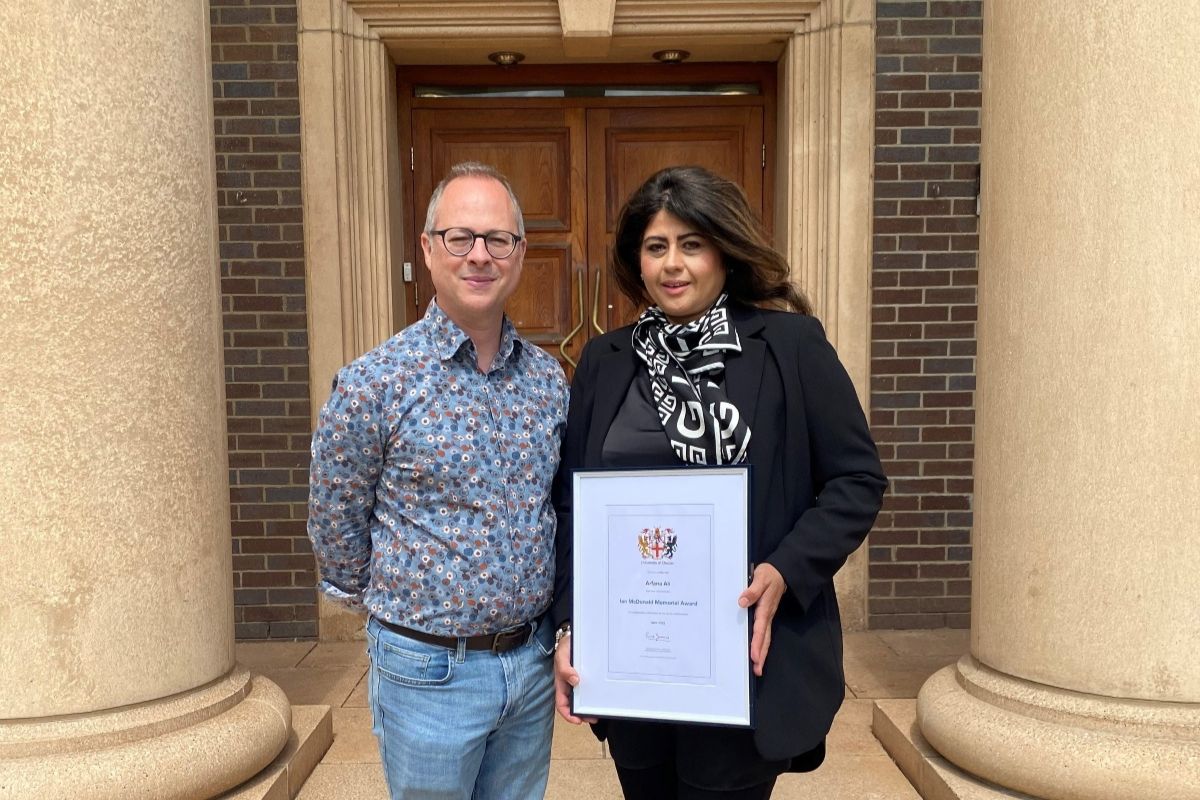
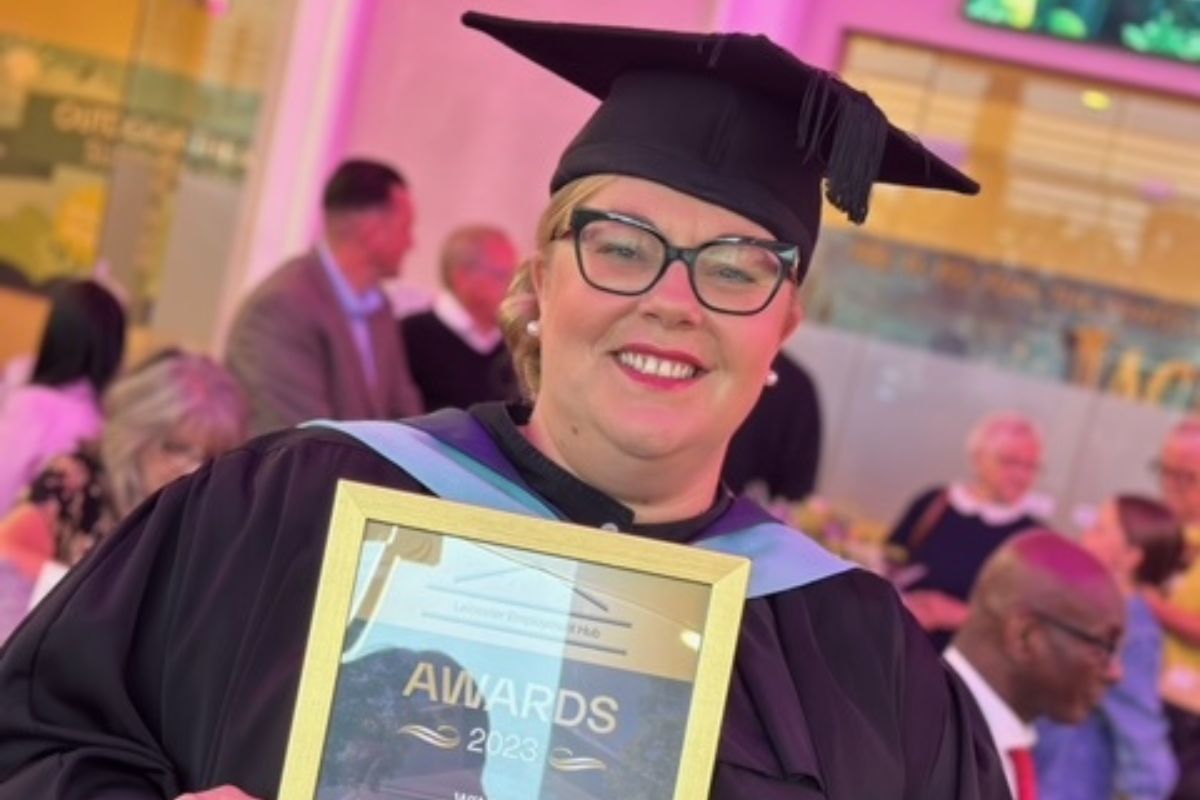
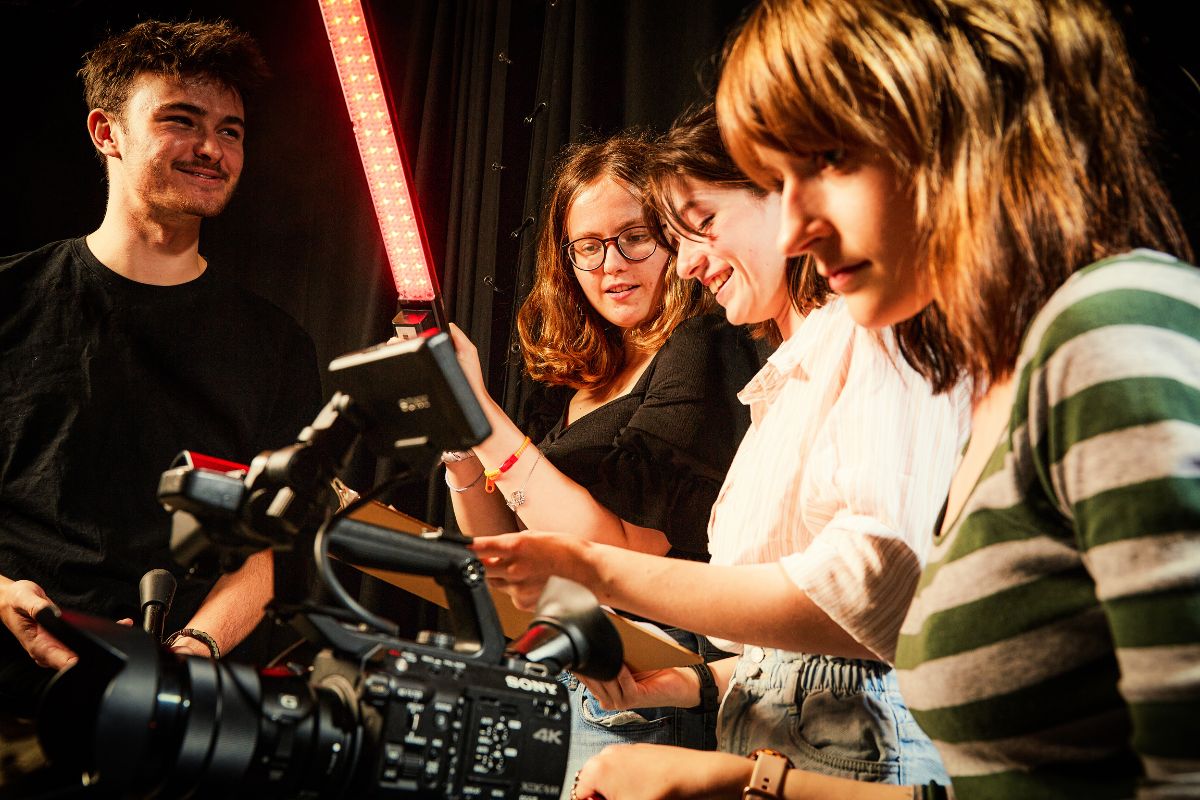
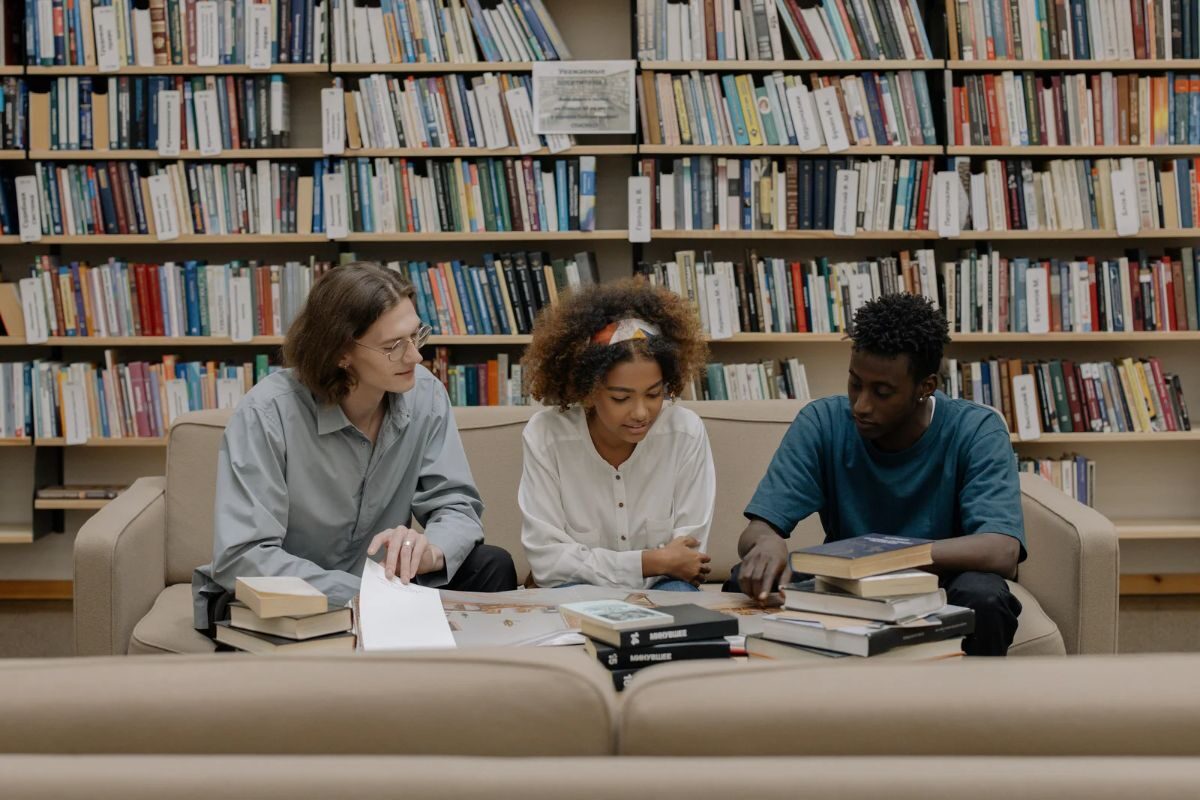
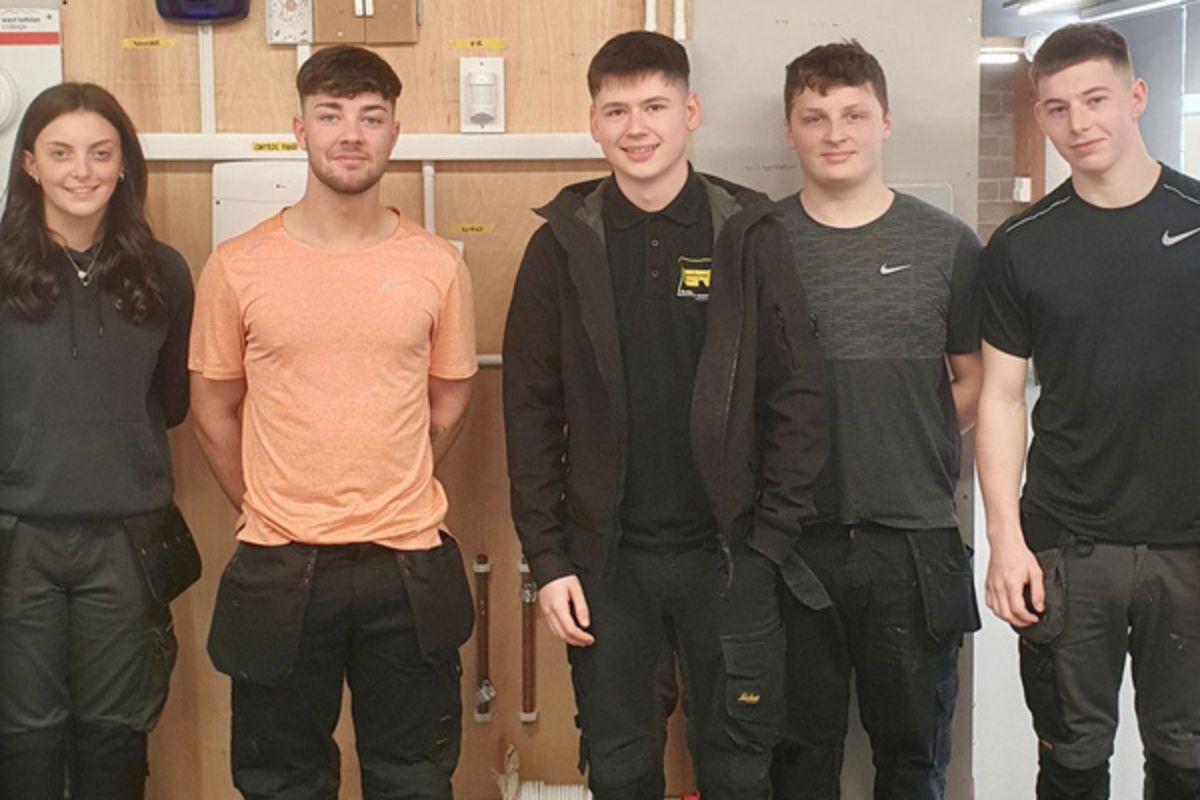
Responses